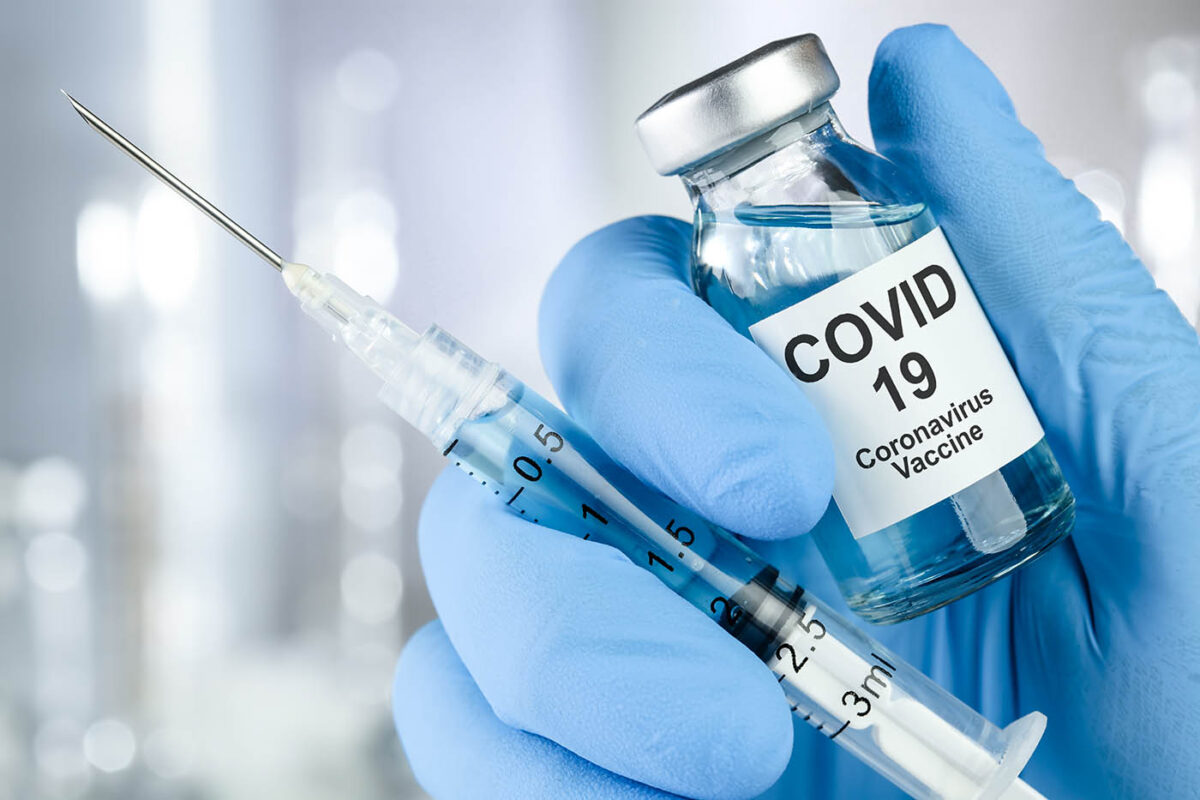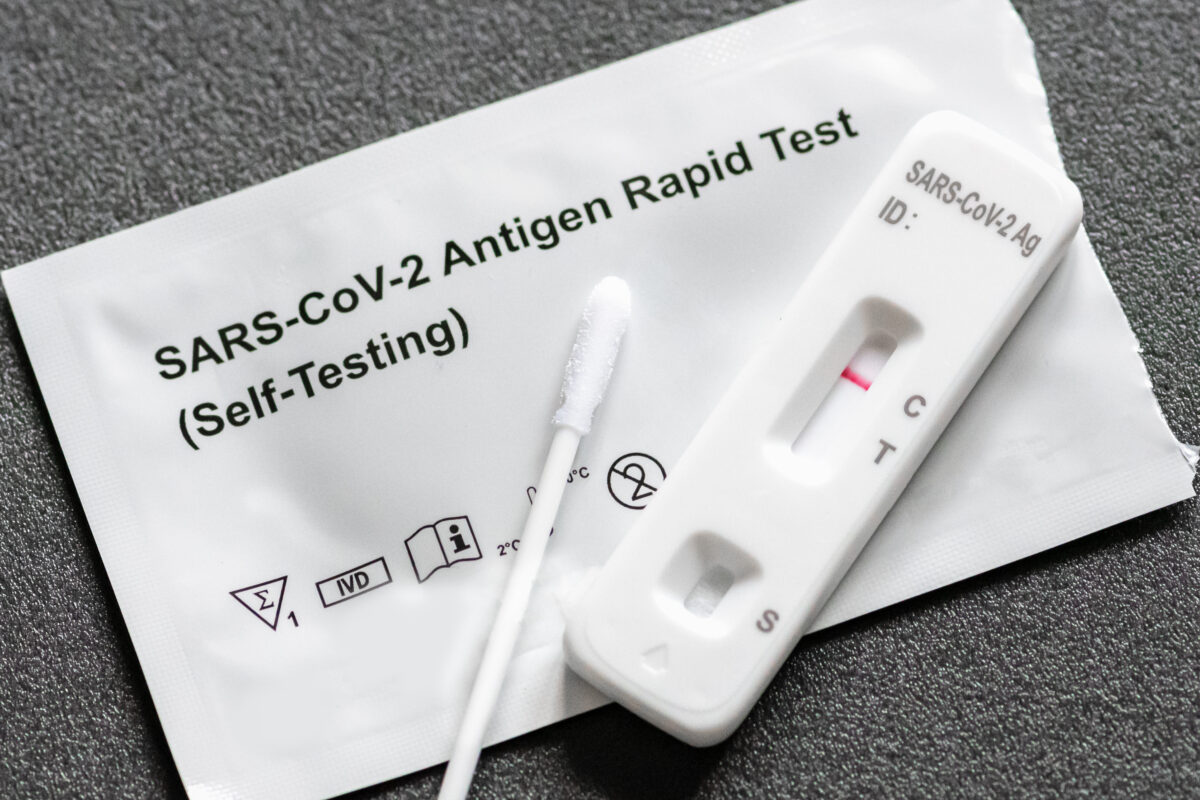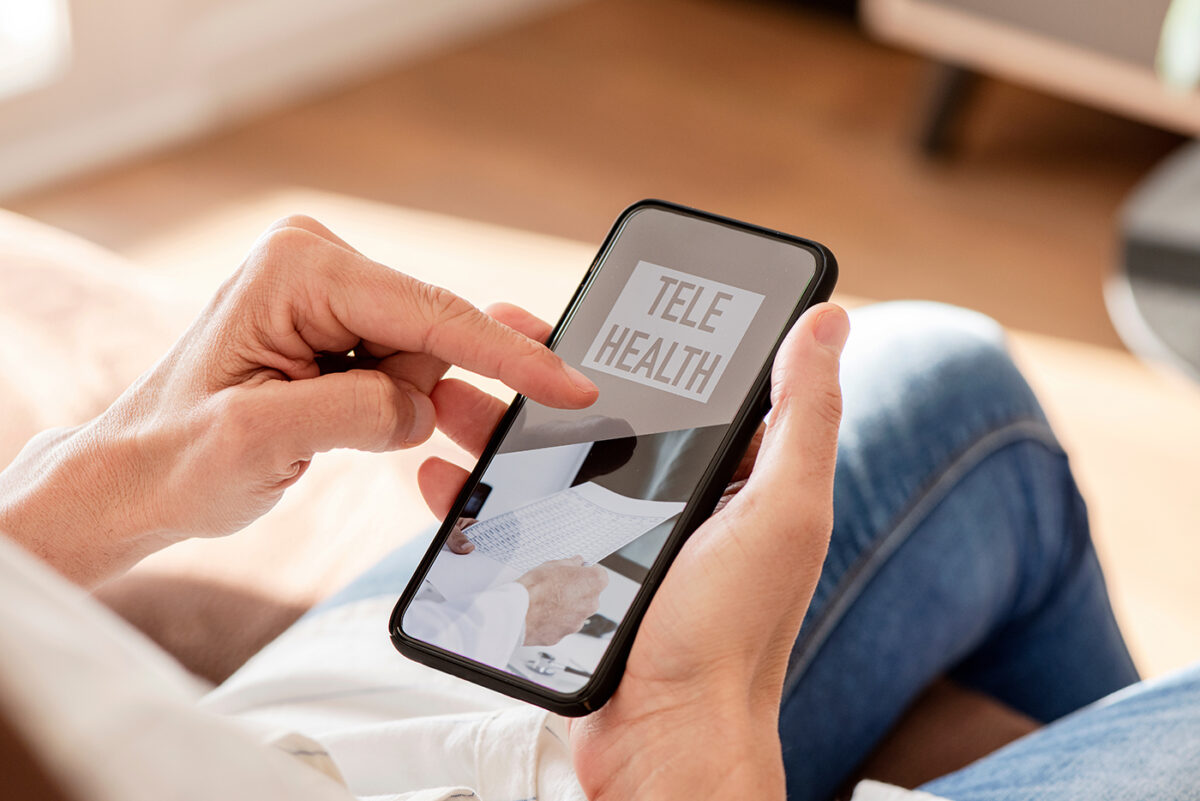
On Monday, March 9, the Arkansas secretary of health issued a directive requiring all long-term care facilities to screen all visitors and employees as part of the state’s effort to combat the coronavirus disease, or COVID-19, outbreak. The facilities must restrict entry for visitors who have:
- traveled within the last 14 days to countries with sustained transmission of COVID-19;
- had contact with someone known to be infected with or, under investigation for, COVID-19; or
- a temperature exceeding 100.4 degrees Fahrenheit.
The facilities must also screen workers every shift and must restrict work for any employee meeting any of the screening criteria.
The directive is one of many regulatory tools available to the Arkansas secretary of health, who has broad authority to protect the public’s health and safety in response to disease outbreaks. Other tools include:
- isolation of individuals who are known to be infected with COVID-19;
- quarantine of individuals or groups suspected or known to be exposed to COVID-19;
- reasonable testing or screening measures designed to mitigate exposure of others to COVID-19; and
- real-time sharing of identifiable patient health information between medical and public health authorities for surveillance purposes.
Compared to other states in which counties and municipalities share in exercising these tools, the authority in Arkansas is centralized in the secretary of health.
On Jan. 31, the Trump administration declared a public health emergency, which frees up federal resources, encourages interjurisdictional coordination, allows waivers of specific federal laws, and supports social-distancing measures. On the same day, the administration issued travel restrictions for people who had been in China and later issued travel restrictions for those who had been to Iran. Travel warnings were later issued for those traveling to Italy and South Korea. Chinese and Italian governments have instituted “cordon sanitaire,” or restriction of movement of people into or out “hot zones.”
In the United States, additional governmental actions to prevent or delay spread of COVID-19 have included mandatory screening upon entry to the country, restrictions on re-entry by exposed or infected individuals, mandatory monitoring of workers interacting with at-risk populations, and mandatory quarantine of individuals who are infected or suspected of exposure. More extreme prevention measures, such as group or geographic lockdowns as implemented in China and Italy, could be deployed if shown to be necessary and the least restrictive means available to control spread of the virus in the U.S.
Clear evidence exists that exposure to out-of-pocket costs through cost-sharing decreases care-seeking behavior. Beyond their public health powers, states and the federal government should continue to explore ways to address coverage and cost barriers that may inhibit people from seeking medical advice and treatment. While the federal government has made available emergency funding to support development of tests, vaccines, and treatment for COVID-19, progress on mitigating or eliminating coverage and cost barriers – particularly for those with private insurance – has been slower. The federal government has suggested that it will use a disaster recovery reimbursement program to pay providers for treating uninsured patients who test positive for COVID-19, but this does little to incentivize testing or seeking treatment, given that few who may have symptoms will actually test positive.
State Medicaid programs have significant flexibility to respond to disease outbreaks like COVID-19. For example, Michigan Medicaid has announced that it will waive cost-sharing for testing and treatment related to COVID-19. Unlike private insurance, Medicaid has open enrollment and can grant temporary and retroactive eligibility so that providers will not be penalized financially regardless of COVID-19 testing results. On a more long-term basis, states can quickly amend their Medicaid state plans to pay for care and treatment in alternative settings and through telemedicine to support public health priorities to curb the spread of the disease.
You can read more about the pandemic on ACHI’s COVID-19 page.






